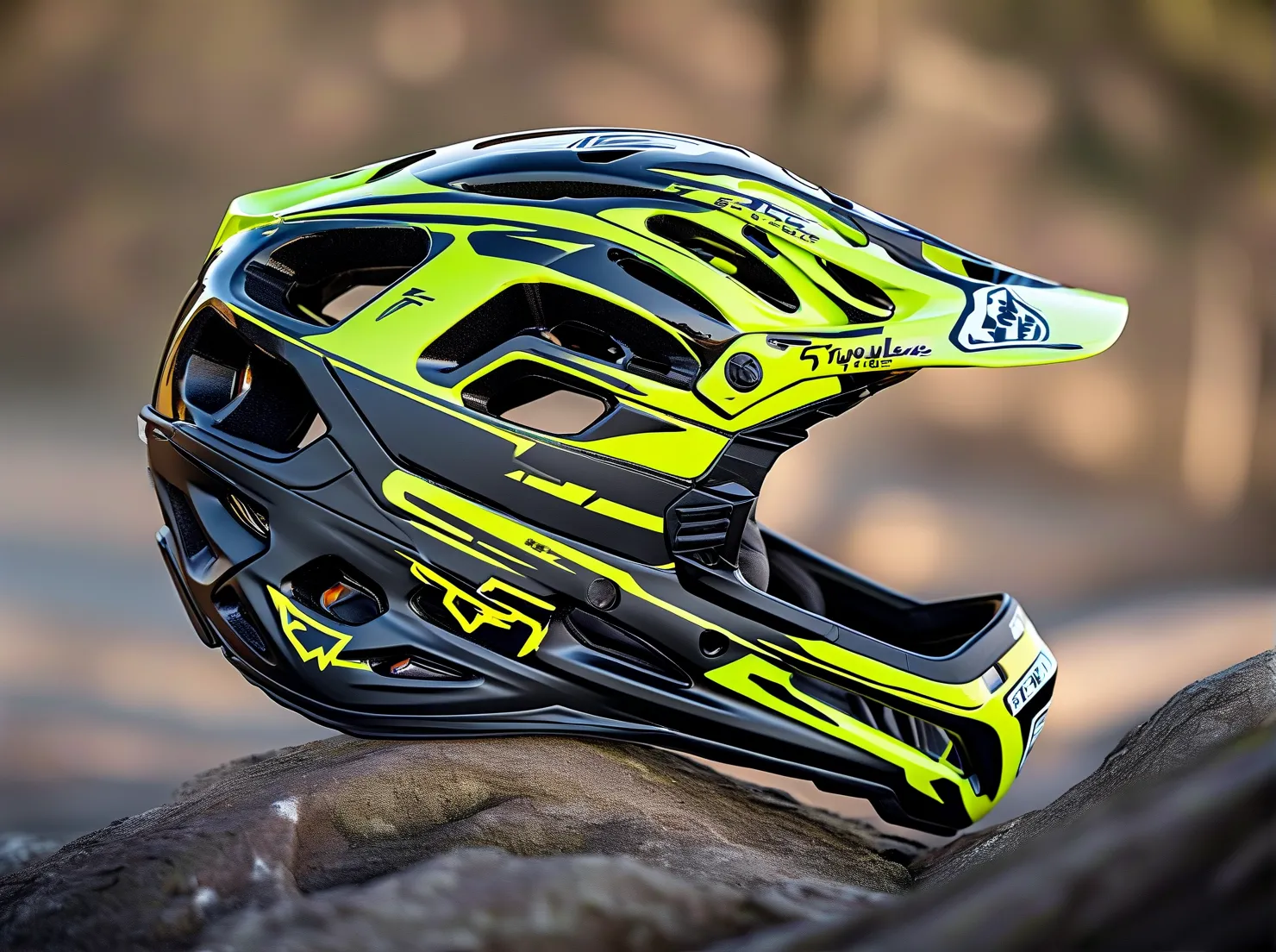Riding a motorcycle in Pennsylvania offers unmatched freedom, but it also demands proper training to navigate the state’s diverse roads safely. Whether you’re a first-time rider or looking to refresh your skills, enrolling in certified motorcycle safety classes is the smartest way to build confidence, meet licensing requirements, and reduce accident risks. Here’s how to identify the best programs and avoid common pitfalls.
Why Pennsylvania Riders Need Professional Training
Pennsylvania law requires all new motorcycle operators under 18 to complete a PennDOT-approved Basic Rider Course (BRC) for licensing. However, even experienced riders benefit from structured training. According to a 2023 report by the Pennsylvania Department of Transportation, riders who completed certified courses had 37% fewer accidents than self-taught operators. Programs like those endorsed by the Motorcycle Safety Foundation (MSF) teach critical skills:
– Emergency braking and swerving techniques
– Low-speed maneuvering for urban areas
– Hazard perception on rural PA roads
– Legal requirements for motorcycle endorsements
How to Choose the Right Safety Class in PA
Not all programs deliver equal value. Prioritize these factors when comparing providers:
-
PennDOT Approval
Verify that the course meets Pennsylvania’s mandatory standards through the PA Motorcycle Safety Program website. Approved providers include community colleges, riding schools, and Harley-Davidson-affiliated trainers. -
Curriculum Depth
Top-tier classes like the Advanced RiderCourse (ARC) go beyond basics, addressing PA-specific challenges like handling gravel roads in the Pocono Mountains or navigating Philadelphia’s congested streets. -
Instructor Credentials
Look for MSF-certified coaches with 5+ years of teaching experience. For example, Philly Riding Academy employs instructors who’ve trained over 2,000 riders since 2010. -
Equipment Quality
Reputable schools supply DOT-approved helmets and late-model training motorcycles (e.g., Honda CB300F or Yamaha MT-03). Avoid programs using outdated bikes without ABS. -
Flexible Scheduling
Providers like Pittsburgh Motorcycle Academy offer weekend intensives and weekday evening sessions across 12 western PA locations.
Top 5 Recommended Programs in Pennsylvania
-
PA Motorcycle Safety Program (Statewide)
– Why Choose: Operated by PennDOT with $25 state-subsidized courses
– Unique Perk: Waives license test at DMV upon completion -
Riders Edge Harley-Davidson (Philadelphia/Pittsburgh)
– Why Choose: Teaches on Street 500/750 models; ideal for cruiser enthusiasts
– Stats: 94% first-time pass rate for licensing exams -
Total Control Training (Lehigh Valley)
– Why Choose: Focuses on sport bike handling and track techniques
– Bonus: Free 1-year membership with ARMSS accident reduction program -
Iron Pony Motorsports (Central PA)
– Why Choose: Combines classroom training with on-road practice sessions
– Specialty: Covers Amish country road hazards like horse-drawn carriages -
Three Rivers Safety Coalition (Western PA)
– Why Choose: Offers sidecar/trike certification courses
– Community Impact: Partners with UPMC for rider trauma prevention workshops
Cost Breakdown & Insurance Benefits
Course fees range from $25-$350 depending on subsidies and bike rentals. Many insurers like Progressive and Geico provide 10-15% discounts for completing MSF courses—a savings that often offsets class costs within two years. For example:
– Erie Insurance: 12% discount for 3 years post-certification
– State Farm: $75 annual credit for BRC graduates
FAQs: Pennsylvania Licensing & Training
Q: Can I use my own motorcycle for the class?
A: Most schools require use of their bikes due to liability, but exceptions exist for advanced courses.
Q: How long is certification valid?
A: Completion cards never expire, but insurers may request refreshers after 5 years for discounts.
Q: What if I fail the skills test?
A: Top programs like Total Control offer free retakes within 6 months—ask about policies before enrolling.
Pro Tip: Book early! PA’s prime riding season (April-October) fills classes 8-10 weeks in advance at popular venues like Pocono Raceway’s training facility. Check instructor-to-student ratios—a 1:6 ratio ensures personalized feedback compared to overcrowded courses.
By investing in accredited motorcycle safety training, Pennsylvania riders gain more than a license—they build lifesaving skills tailored to the state’s unique terrain and traffic patterns. Start your journey with a program that aligns with your riding goals and local road challenges.



Leave a Reply